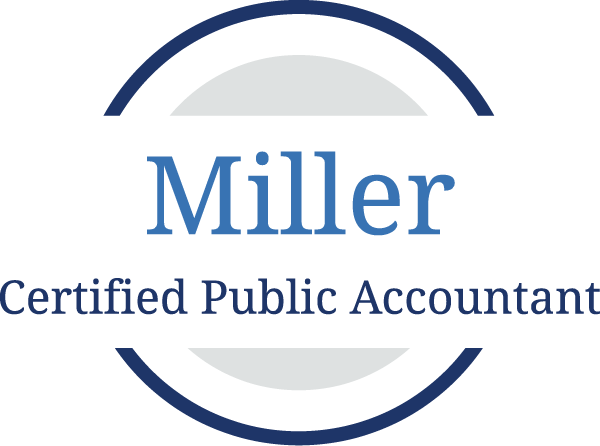Stock Sales, Interest, Dividends
Interest, dividends, and stock sales are usually taxable. Even if you did not receive a 1099! Leaving this information off of your return is one of the most common triggers for the IRS. Our process help prevent notices from the IRS and save you future complications.
Employee Stock
Employee stocks come with many great opportunities but not without complications. Please refer to the tax planning section for more details on how we can help you save taxes by planning when to sell and exercise your employee shares.
There are four main types of plans:
- ISOs (Incentive Stock Options)
- RSUs (Restricted Stock Units)
- NQOs (Non-Qualified Options)
- ESPPs (Employee Stock purchase Plan)
These have different types of tax treatment based on the fair market value, the grant date, the vesting date, the bargain element, purchase price, sale price, and sale
date. The list goes on. Either way, we have the experience to help you report these transactions correctly. We will also take the time to explain the situation to understand
when you will be taxed, how much you will be taxed, and how to develop a tax
strategy to save money.
